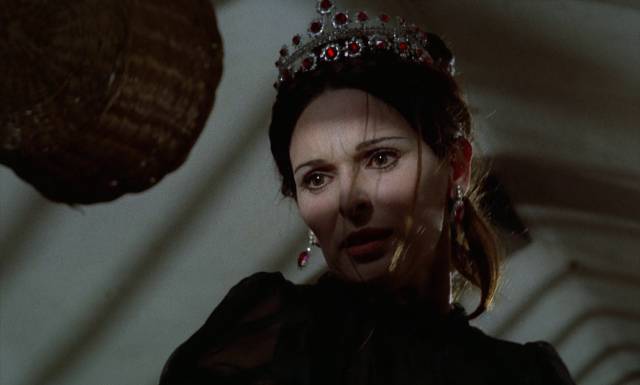
Hunkered down in the depths of winter, I spent a lot of December immersed in genre movies from around the world – it’s a dizzying mix of violence, perversion and unexpected cinematic delights.
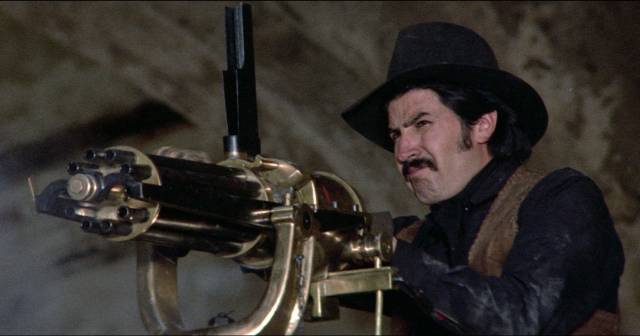
Mexico looms large in the Western genre, in both its Hollywood and spaghetti iterations, but until now it hadn’t occurred to me that Mexican filmmakers might have made their own Westerns; that unasked question is firmly answered by the recent Vinegar Syndrome release of a pair of movies which seem to straddle the boundary between the classical Hollywood and Italian versions of America’s defining myth of masculinity and violence.
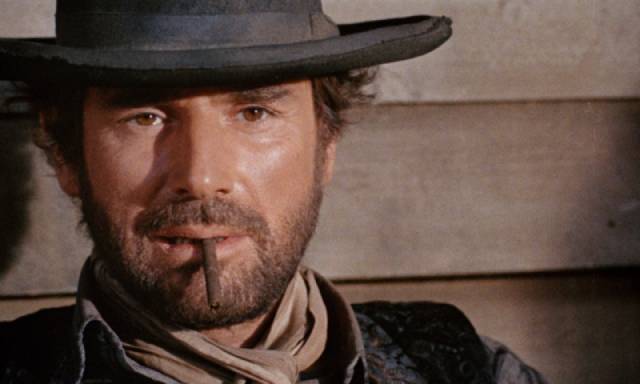
More genre viewing from Arrow, including a bleak French Western, a silent film noir which recapitulates the history of Japanese cinema, a pair of low-budget ’80s slasher movies, a mash-up of anime and low-budget live-action post-apocalypse, and two box sets: Kenji Fukasaku’s Battle Royale and Battle Royale II and the Children of the Corn trilogy.
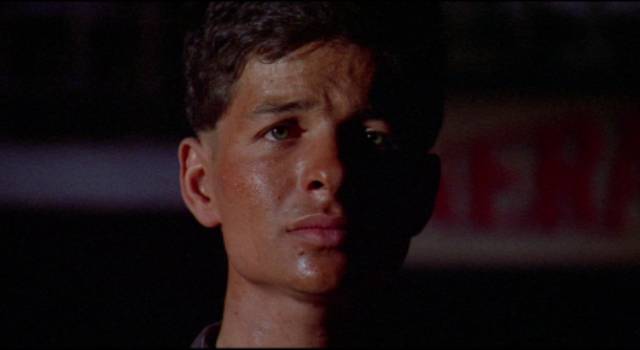
Indicator’s recent Blu-ray of A Time for Dying (1969) resurrects the final feature of writer-director Budd Boetticher and actor-producer Audie Murphy, and odd, slightly crippled western made quickly to pay off some debts. Mixing the naivety of young, inexperienced characters with amoral brutality, it ends on a disturbingly note more in tune with end-of-the-’60s cynicism than the moral certainties of an earlier era’s westerns in which this movie superficially seems to have its roots.
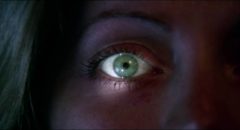
Arrow’s big pre-Christmas sale brought a wide range of titles, some old, some new: Juan Simon Piquer’s Spanish slasher Pieces (1982), Chelsea Stardust’s horror comedy Satanic Panic (2019), Giancarlo Santi’s spaghetti western The Grand Duel (1972), Lee Min-jae’s horror comedy Zombie for Sale (2019), Jill Gevargizian’s psycho horror The Stylist (2020),Nico Mastorakis incoherent first feature Death Has Blue Eyes (1976), a Japanese double bill of sci-fi crime movies, Nobuo Adachi’s The Invisible Man Appears (1949) and Mitsuo Murayama’s The Invisible Man vs the Human Fly (1957), Riccardo Freda’s mix of melodrama and giallo Double Face (1969), Jacques Tourneur’s late film noir Nightfall (1956), and Giorgio Ferroni’s atmospheric Gothic horror Mill of the Stone Women (1960).
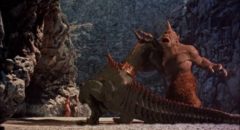
Recent disks from England include Franco Parolini’s late spaghetti western Sabata Trilogy (1969-71), the classic Ray Harryhausen Sinbad fantasies (1958-77), Carl Franklin’s revisionist neo-noir Devil in a Blue Dress (1995), Tsui Hark’s influential martial arts fantasy Zu: Warriors from the Magic Mountain (1983), and David Greene’s tense submarine disaster movie Gray Lady Down (1978).
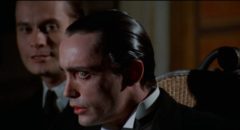
It’s been a good year for movies on disk, with a remarkable range of releases from many companies which are devoting considerable resources to rediscovering, restoring and preserving movies in numerous genres. Ranging across nationalities and spanning cinema history, there was plenty to divert attention from a real world which has become so depressing and exhausting.

Vinegar Syndrome distributes a number of smaller labels which offer a wide range of genre releases, from the ultra-low-budget Wakaliwood productions of Nabawana I.G.G. in Uganda to the impressively polished small-budget sci-fi of Chris Caldwell and Zeek Earl’s Prospect (2018), from the gritty ’80s exploitation of Norbert Meisel’s Walking the Edge (1983) to the mythic spaghetti western-noir of Roland Klick’s Deadlock (1970).
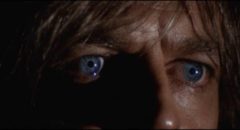
Three recent box sets from Arrow will satisfy a wide range of genre appetites with five thrillers from Italy in the ’70s, four spaghetti westerns from the ’60s, and Daiei’s 1966 trilogy of period fantasies featuring a statue which comes to life to punish various cruel warlords who oppress local peasants.
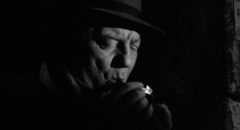
Another eclectic selection of recently watched Blu-rays, from two atmospheric French mysteries starring Jean Gabin as Maigret (1958-59) to the nightmarish horrors of war in Eastern Europe in an adaptation of Jerzy Kosinski’s controversial novel The Painted Bird (2019), from violence tourism in near-future Brazil in Kleber Mendonça Filho and Juliano Dornelles’s Bacurau (2019) to tenderness and violence on the American frontier in Kelly Reichardt’s First Cow (2020) and children faced with the threat of nuclear annihilation during the Cold War in Frank Perry’s Ladybug Ladybug (1965).